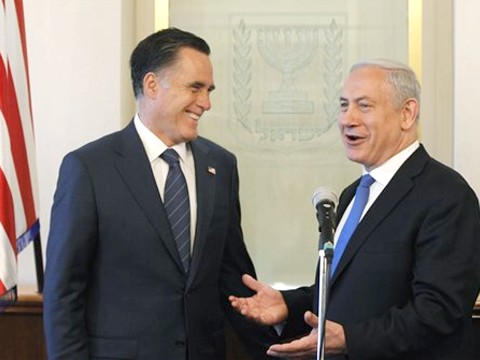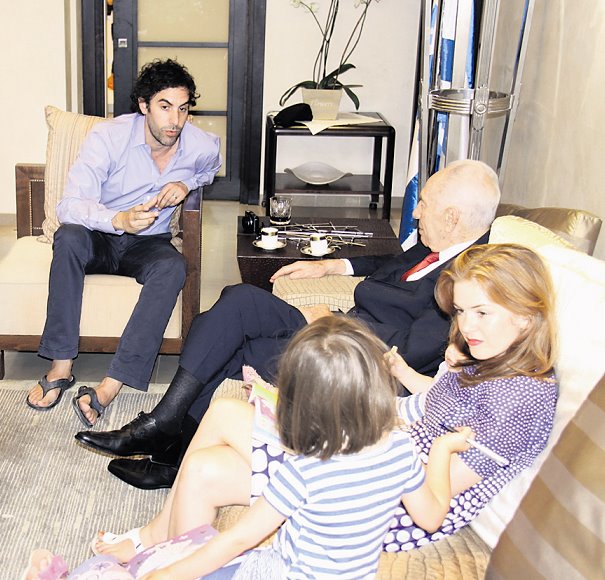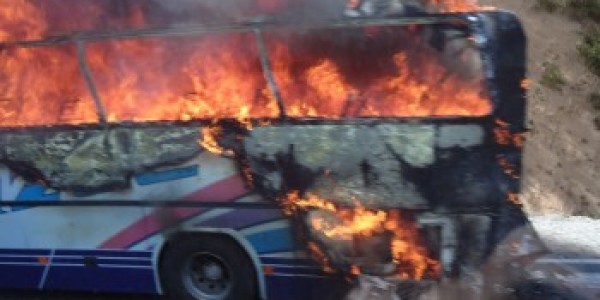A Guest Post by Magen
Protecting Our Kids This Summer
The summer break from school and yeshiva is a marvelous
opportunity for our kids to de-stress, explore the broader world around them,
and bond with their families and friends.
Of course, the very different framework from their
school-time routine, involves certain risks, and our job as parents is to
balance the important “escape” experience, with safety.
This presents all parents with a great moment to sit down
with our kids and discuss safety. Right now, before we get distracted!
This needs to be done at a level that generates concern (so
they will act upon the advice you give them) without creating panic (which
could freeze them, or just lead them to hit the “skip this!” button).
We suggest that you broach the subject by talking (say)
about the risks of the hot climate – dehydration, sunburn, etc, and the
importance of wearing hats and drinking lots of water.
 The risks involved in swimming – and reinforce the
importance of swimming where there is a lifeguard.
The risks involved in swimming – and reinforce the
importance of swimming where there is a lifeguard.
During this safety discussion, pepper it with “what might
you do if…” scenarios, and work through the possibilities and outcomes. “…what
might you do if you go camping with friends by the Kinneret, and your friends
swim there, although there’s no lifeguard? Come on in! they shout…”
Along with physical safety, discuss with them, in the same
tone, about sexual safety.
This will need to be varied by age and ‘worldliness’ of your
children.
Some of the MUST explain items are:
1. Good touch, bad touch & confusing I-Don’t-Know Touch.
That our kids’ bodies are theirs and they must say No when they feel
uncomfortable, and move away. It is Not impolite – it is the right thing to do.
2. Good and Bad Secrets. Good secrets can be that there’s a
birthday surprise being prepared for Ima. Bad secrets are generally not
time-bound, involve a gift/incentive, or threat, and are about being scared.
Most important, if someone says “don’t tell you parents!” this is a red light,
and our kids must immediately tell their parents, or another trusted adult.
3. Most kids don’t tell if they have been abused, because
they think they won’t be believed, or you will be angry with them. It is
important to constantly re-enforce that you will always love your kids and you
encourage your kids to tell you what’s going on in their lives, even if it’s
not stuff you’re likely to want to hear. For example, “I cheated in my math
test” should be greeted with “thank you for telling me”, before exploring why
your child cheated and how to avoid this dishonest behaviour in the future.
This gives your child the message that he/she can tell you other things that
are on their minds.
It is important to teach your children about Stranger
Danger, including “always tell me if someone gives you a present; I simply need
to know about it”.
Many kids are lured into secluded places by abusers with
"please will you help me…?". Therefore, educate your kids that “kids
don’t do favours/mitzvos for adults – ADULTS do favours/mitzvos for adults”. Help
your kids to practice saying “No, I'm sorry I can't help you; please ask an
adult to help you”.
Even more important, is telling them that most kids who are
hurt by an adult, are hurt by an adult they know and trust. This is difficult
for kids to internalize. For that matter, it’s very difficult for adults to internalize
this also. Uncles, baby-sitter, teachers, camp councilors, frum people…have the
same rules as the rest of society. And if they seem to be going over regular
behaviour boundaries – this is unacceptable, and they must be stopped (however
uncomfortable or ‘impolite’ this is).
.
And always, always listen to your kids. It’s easy to ignore
what they’re trying to tell us.
Tune in to their wavelength – AND HAVE A GREAT SUMMER!!
------------
Magen – Creating a Safe Community for Kids
02-9999.678
050 8489001
------------------------------------------------------
Reach thousands of readers with your ad by advertising on Life in Israel
------------------------------------------------------




















